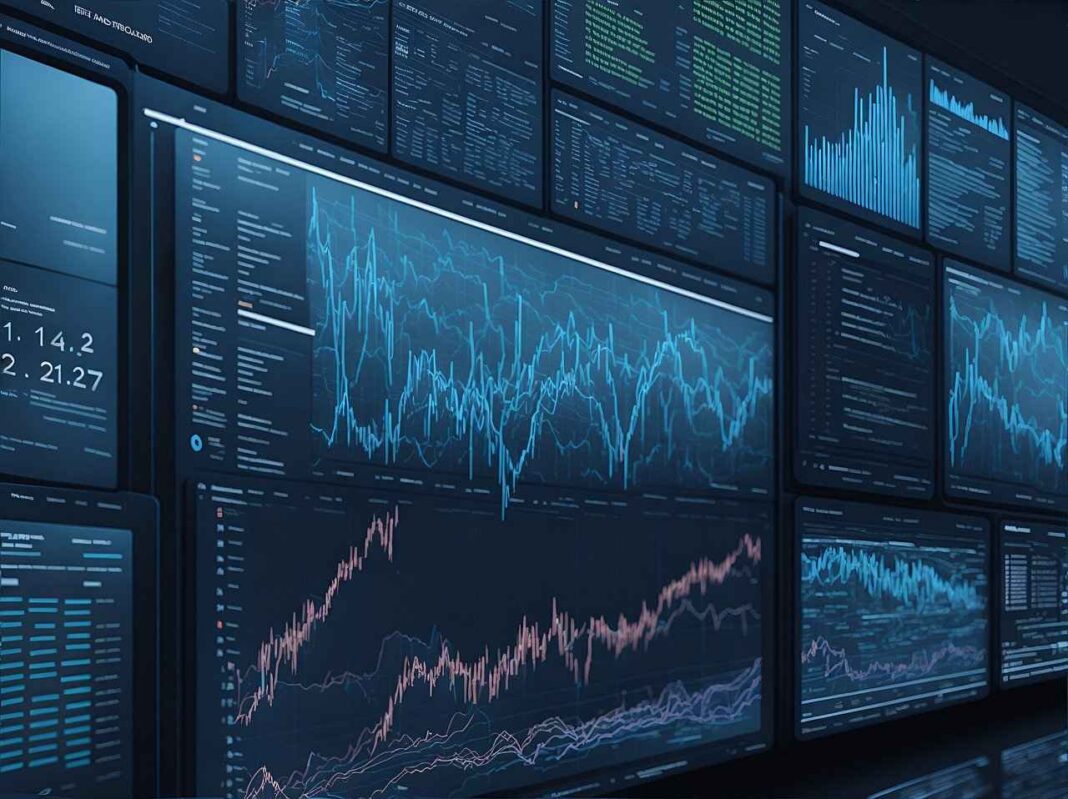Even if the Federal Reserve raises interest rates, it might not significantly affect mortgage borrowing costs. Typically, the Fed is cautious with rate increases, preferring a slower approach to avoid destabilizing the economy during tough times, like a pandemic. Essentially, it’s a choice between slightly higher inflation with a robust job market or lower inflation with fewer jobs. Generally, the former is more desirable, aiming for modest inflation and low unemployment.
In reality, these upcoming rate hikes will likely have a minimal impact on personal finances, especially in areas like credit card debt, auto loans, student loans, and mortgages. So, if you’re considering borrowing, there shouldn’t be too much concern.
Breaking down how these rate hikes affect different loans: for credit cards, those carrying a balance might see a slight increase in their APR, say from 16% to 16.25%, which isn’t much on a practical level. For those without credit card debt, these hikes are inconsequential. If you do have credit card debt, consider paying it down or consolidating it soon, especially since rates are expected to rise.
As for auto loans, a Fed rate hike doesn’t really change much once you’ve locked in your rate. Even if rates were to increase by 1%, the monthly payment on a new car wouldn’t increase significantly. For mortgages, it’s a common misconception that the Fed directly controls mortgage rates, which actually follow the 10-year Treasury bond yield more closely. Thus, fixed-rate mortgages aren’t heavily influenced by a Fed rate hike.
For student loans, federal rates are fixed, so immediate changes due to Fed hikes won’t affect existing borrowers. Private loans, however, could be variable and might see some rate changes depending on the specifics of the loan agreement.
Savings rates are unlikely to see significant benefits from Fed hikes either, as banks typically delay passing these increases onto savers. Similarly, rates for stock margin loans are more influenced by factors specific to brokerage terms than by the Fed’s actions.
Overall, the Fed faces a tricky balance. While rate hikes can help manage inflation, too much too fast could lead to economic downturns, potentially triggering recessions and layoffs. It’s crucial for everyone to manage debt wisely, especially as economic conditions fluctuate. The goal is a stable economy without drastic booms and busts, with hopes that energy prices stabilize and consumer debt levels remain manageable.









































